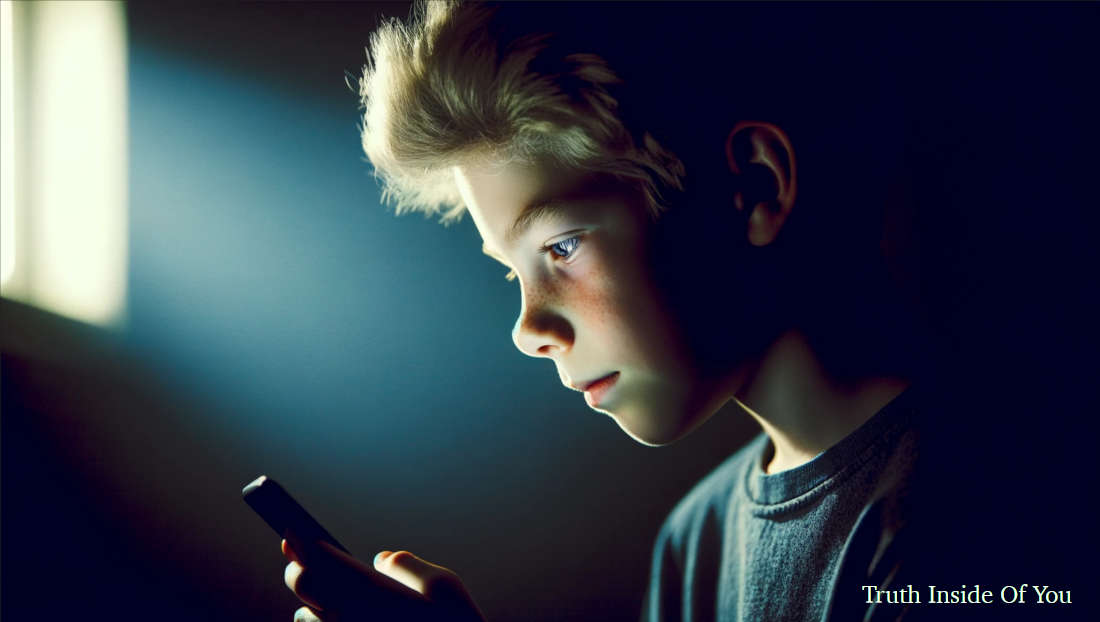Raising children is a journey where perfection is unattainable, but striving for excellence, especially in guiding your children towards making wise choices, is always beneficial.
This sentiment echoes the actions of a dedicated mother from North Carolina, who diligently monitors her teenagers’ screen time each day. Laura Muse, a mother and mental health clinician, has established a nightly routine with her son Cohen, involving tucking him into bed and then collecting his cell phone to ensure he gets a good night’s sleep without digital distractions.

This practice is part of Muse’s broader strategy to manage her children’s online presence and screen usage responsibly, helping them foster healthy digital habits. Owning the mobile devices her children use, Muse feels empowered to oversee their digital interactions, a stance she defended in discussions with the New York Post, despite facing criticism for potentially invading her children’s privacy.
Muse’s approach is reflective of a larger trend among parents seeking to safeguard their teens’ online experiences. According to a survey by Malwarebytes, over half of the parents employ various strategies, from GPS tracking to scrutinizing texts and social media engagements, to keep tabs on their teenagers’ digital footprints.
Initiating phone checks when her kids were 11, Muse’s vigilance has evolved with her children’s growth into adolescence.
While she trusts her children, she believes that monitoring is essential to deter them from inappropriate behaviors and shield them from the risks lurking online. Her proactive steps have sometimes uncovered troubling online activities, which she addresses promptly, transforming them into opportunities for learning and discussion.

The debate around parents monitoring their children’s phones has spilled over to social media platforms like TikTok, sparking intense debate among users. Some criticize the practice as intrusive, arguing it infringes on children’s privacy, while others, including Muse, view it as a necessary aspect of modern parenting aimed at protection and guidance.
Muse’s methods have fostered an environment of understanding and respect for digital boundaries within her household, contradicting the notion that such measures constitute a violation of privacy. Instead, she and her children view these actions as part of a collective effort to navigate the complexities of the digital world safely.









